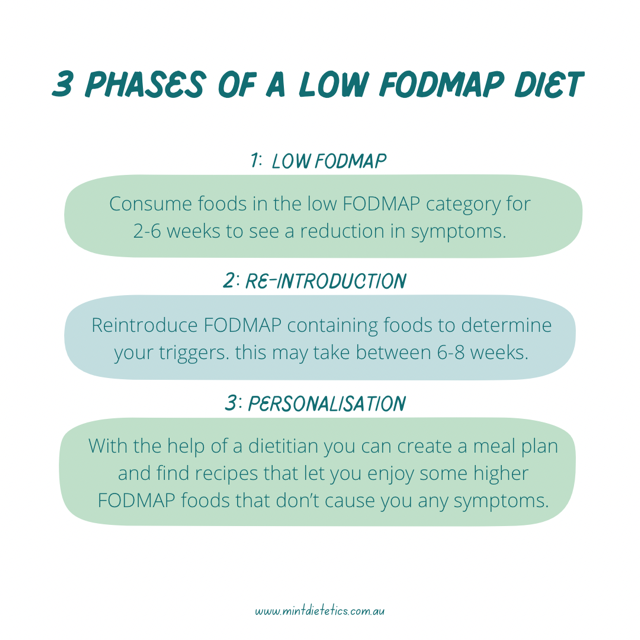Leaky Gut and Hormone Balance
- Jenny Jacobs

- Aug 11, 2021
- 2 min read

Leaky gut can also be referred to as increased intestinal permeability. But don’t worry, I’m here to explain all the ins and outs of leaky gut including exactly what it means, how it is caused, and how it affects your hormone balance.
So, what is Leaky Gut?
Leaky Gut is characterised by an increased permeability in the lining of the intestinal tract. Increased permeability means it is easier for bacteria and toxins to flow in and out and move into the bloodstream. The millions of cells that line the intestinal tract work together to form a strong barrier to control what enters the bloodstream. In a person with a leaky gut, this barrier becomes thinner and is worn down causing the bacteria and other toxins to leak into the rest of the body.
Symptoms such as bloating, constipation, nutrient deficiencies, headaches, and fatigue are often ignored or untreated. It is suggested that leaky gut causes hormone imbalance, chronic inflammation, inflammatory bowel disease and other conditions.
Research suggests that leaky gut can be caused by diet and genetic risk factors. Consumption of gluten has been found to increase the permeability of the intestinal wall. An overall diet consisting of low levels of probiotics, fibre, protein and healthy fats can be damaging to your gut. Genetics can also play a role in developing leaky gut. You may be predisposed to a more sensitive digestive system.
How does it affect your Hormones?
When bacteria, toxins and other substances leak through the weak intestinal lining associated with leaky gut, hormone imbalances become a cause for concern. Leaky gut makes it harder for you to eliminate toxins and regulate specific hormones such as estrogen, progesterone, and insulin which are all affected by digestion.
The estrogen/progesterone balance is essential during menstruation. Estrogen dominance can occur when hormones become imbalanced due to leaky gut. This creates side effects such as bloating, irregular periods, headaches, and mood swings. Estrogen imbalances can also impact the risk of postmenopausal breast cancer.
Recent studies have found a link between development of diabetes and the effect of the weakened intestinal barrier associated with leaky gut. Over time the intestinal barrier function compromises the body’s ability to manage blood sugar levels and increases the likelihood of insulin resistance.
You don’t have to put up with the uncomfortable symptoms of a leaky gut. An anti-inflammatory diet can be a powerful tool for managing many gut and hormone conditions, and with the right help it does not have to be so confusing. Contact me today to manage the ins and outs of your leaky gut or hormonal symptoms.


%20-%202025-01-10T222601_189.png)



At https://hrtmedical.net/ you are always welcome to receive the best treatments that we offer. All therapies are prescribed based on laboratory testing and diagnostics.